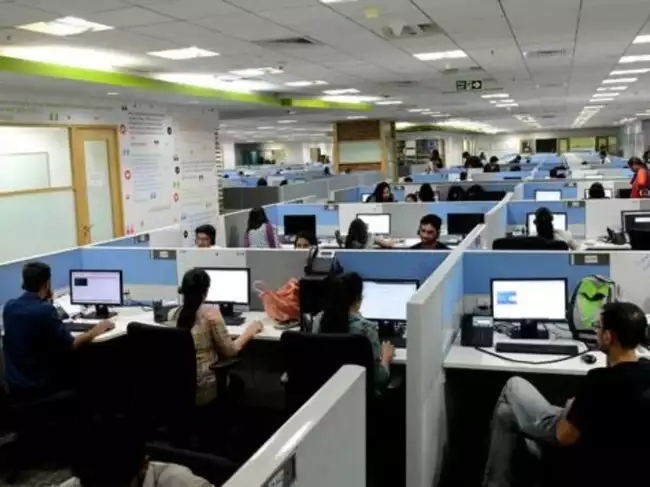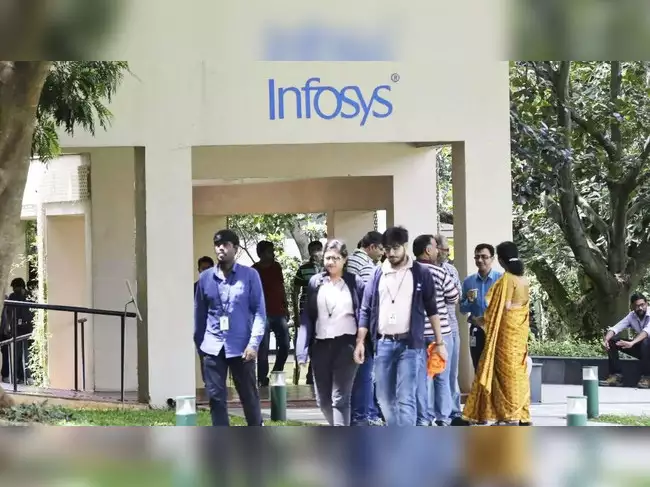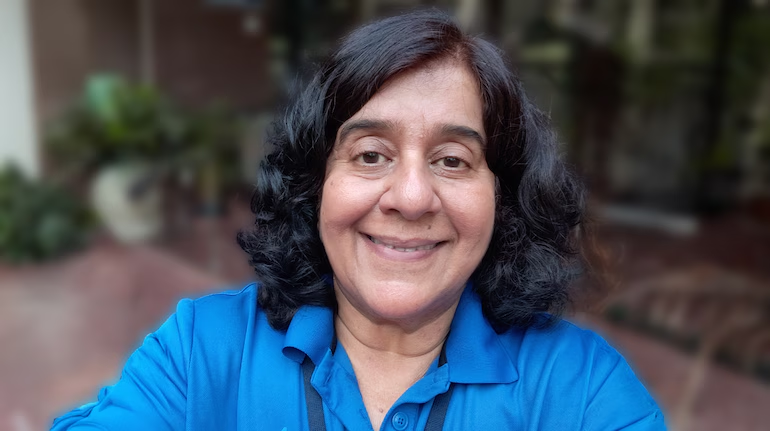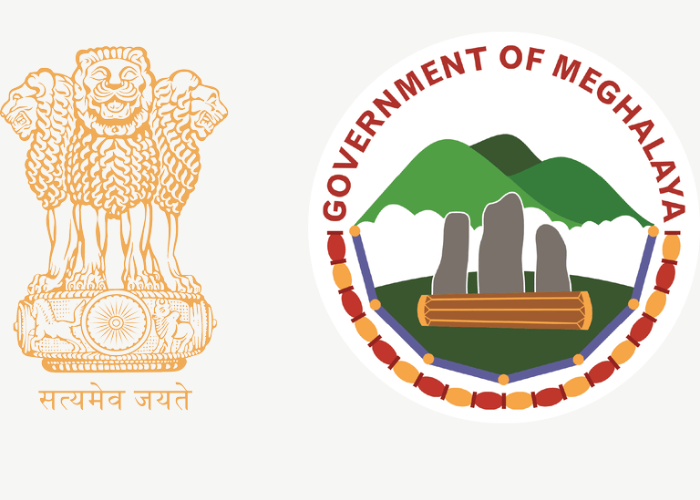The Time Use Survey (TUS) 2024, conducted by the Ministry of Statistics and Programme Implementation, reveals that residents of Maharashtra are dedicating significantly more time to work, resulting in a decline in the time spent on socialising, learning, and self-care.
According to the survey, the average time spent by the state’s residents on employment and related activities is 469 minutes per day. This is much higher than the national average of 440 minutes and marks a substantial increase from the 440 minutes reported in the 2019 Time Use Survey.
The survey highlights a significant gender disparity in the time spent on “employment and related activities, “which encompasses jobs, farming, fishing, mining, and other economic activities. On average, men dedicate 500 minutes to these tasks, while women spend only 395 minutes.
However, this gap reverses when it comes to “unpaid domestic services”. Women spend an average of 281 minutes on tasks such as meal preparation, cleaning, maintaining the household, pet care, and shopping for family members, while men spend just 90 minutes on these activities.
A similar trend is observed in “unpaid caregiving services”, where women spend 127 minutes on tasks like childcare, caring for dependent adults, and assisting other household members, compared to 71 minutes spent by men.
Interestingly, the total time spent on both “unpaid domestic services” and “unpaid caregiving” has decreased since 2019. Time spent on “unpaid domestic services” has slightly fallen from 242 minutes in 2019 to 239 minutes in the recent survey, while the time spent on “unpaid caregiving services” has declined from 112 minutes to 106 minutes.
The most significant decline has been observed in the time spent by residents of the state on “unpaid volunteer, trainee, and other unpaid work”, which includes activities such as volunteering for other households, community service, and unpaid trainee work. The total time spent on these activities has dropped sharply from 151 minutes to 116 minutes.
The average time spent on “learning activities”, which includes formal education, tutoring, and non-formal education, has also decreased, dropping from 434 minutes to 415 minutes. Similarly, Maharashtrians are socialising less, with time spent on “socialising and communication, participating in community cultural/social events and religious practices” falling from 145 minutes to 132 minutes.
The only area that saw an increase was in “culture, leisure, mass media, and sports activities”, which encompasses attending cultural, entertainment, and sports events, as well as hobbies, games, and sports participation. Time spent on these activities has seen a slight rise, from 164 minutes to 167 minutes.
Additionally, the time spent on “self-care”, including sleep, eating, drinking, and personal hygiene, has also declined, dropping from 715 minutes to 709 minutes.
“A combination of financial pressures, career ambitions, and technological factors are contributing to people spending more time at work rather than prioritising personal time for themselves. While this has become a reality of modern life, neglecting personal time in favour of work can have serious consequences on an individual’s physical health, mental well-being, relationships, and overall quality of life,” said Dr Mohammed Ali, a Mumbai-based psychiatrist.
TUS tracks how people allocate their time across various activities such as paid work, childcare, volunteering, and socialising. Its primary aim is to assess men’s and women’s participation in both paid and unpaid activities, providing valuable insights into time spent on unpaid caregiving, volunteer work, and domestic services. It also sheds light on time spent on learning, socialising, leisure activities, and self-care. The findings of these surveys are crucial for shaping policies on poverty, gender equity, and human development.
Over the past three decades, many developed countries have increasingly conducted time-use surveys. For instance, the United States has been conducting annual surveys since 2003, Australia began its full-scale national survey in 1992, and Canada has been conducting them since 1961. Countries like Germany, Austria and Israel have also embraced similar surveys.
India’s first national-level Time Use Survey, the NSS Report – Time Use in India 2019, marked a significant milestone in the country. The second round of this survey, released in 2025, was conducted between January and December 2024, covering 1.39 lakh households and 4.54 lakh individuals over the age of six.
| Male Maharashtra | Female Maharashtra | All Maharashtra 2024 | All Maharashtra 2019 | India 2024 | |
| Employment and related activities | 500 | 395 | 469 | 440 | 440 |
| Production of goods for own final use | 97 | 57 | 68 | 92 | 116 |
| Unpaid domestic services for household members | 90 | 281 | 239 | 242 | 238 |
| Unpaid caregiving services for household members | 71 | 127 | 106 | 112 | 116 |
| Unpaid volunteer, trainee and other unpaid work | 134 | 101 | 116 | 151 | 122 |
| Learning | 414 | 416 | 415 | 434 | 414 |
| Socializing and communication, community participation and religious practice | 137 | 127 | 132 | 145 | 138 |
| Culture, leisure, massmedia and sports practices | 174 | 159 | 167 | 164 | 171 |
| Self-care and maintenance | 707 | 712 | 709 | 715 | 708 |





















